
Opiates are the number one drug of choice amongst those injecting in Oxford County.
OXFORD COUNTY - Opiate overdoses are on the rise across Canada and Oxford County Public Health is working to reverse those statistics.
A new report released this week by the Canadian Drug Policy Coalition says opiode overdoses are the third leading cause of accidental death in Ontario and in the County alone, we have had at least 23 opiate overdose deaths between 2004 and 2009.
Public Health Nurse Lisa Gillespie says they know people in Oxford County are dying from opiate overdoses and that they can be prevented with increased awareness, education and access to the antidote naloxone, a drug designed to immediately reverse the effects of an opiate overdose.
"Speaking from our stats in our needle exchange program, we knew that opiates were the number one drug of choice amongst people injecting but we also know that addiction and overdose does not discriminate and it can happen to people who have been prescribed an opiate and perhaps are not using it as prescribed or maybe not realizing the impact of another drug (including alcohol)."
Gillespie says you should never double up on your medication even if it seems like it's not working. She says always take it as prescribed and talk to your doctor or pharmacist before taking matters into your own hands.
Gillespie says opiate misuse is an issue locally.
"That's why we felt the urgency to bring the Take Home Naloxone program to Oxford County but it was also an opportunity to start the conversation and to let people know that overdose is an issue in Oxford County and that these deaths can be prevented and that we need to get the conversation started so as a community we can come up with solutions that work."
Gillespie says opiate overdoses happen over a period of three to six hours so there is time to intervene when you notice the warning signs.
"Sometimes people get what is called the nods where it kind of looks like they are falling asleep but if you try to wake them, they are not going to wake up or their breathing gets kind of like a snorting sound or really deep kind of snoring and people think 'oh they are just really tired, I'm going to let them sleep it off' but that was a warning sign."
She says blue fingernails and lips are also a warning sign. She says to call 9-1-1 right away.



 WFD Presents 2024 Report to City Council
WFD Presents 2024 Report to City Council
 Council Awarded Organizations with Community Grants
Council Awarded Organizations with Community Grants
 Battle of the Badges this Weekend
Battle of the Badges this Weekend
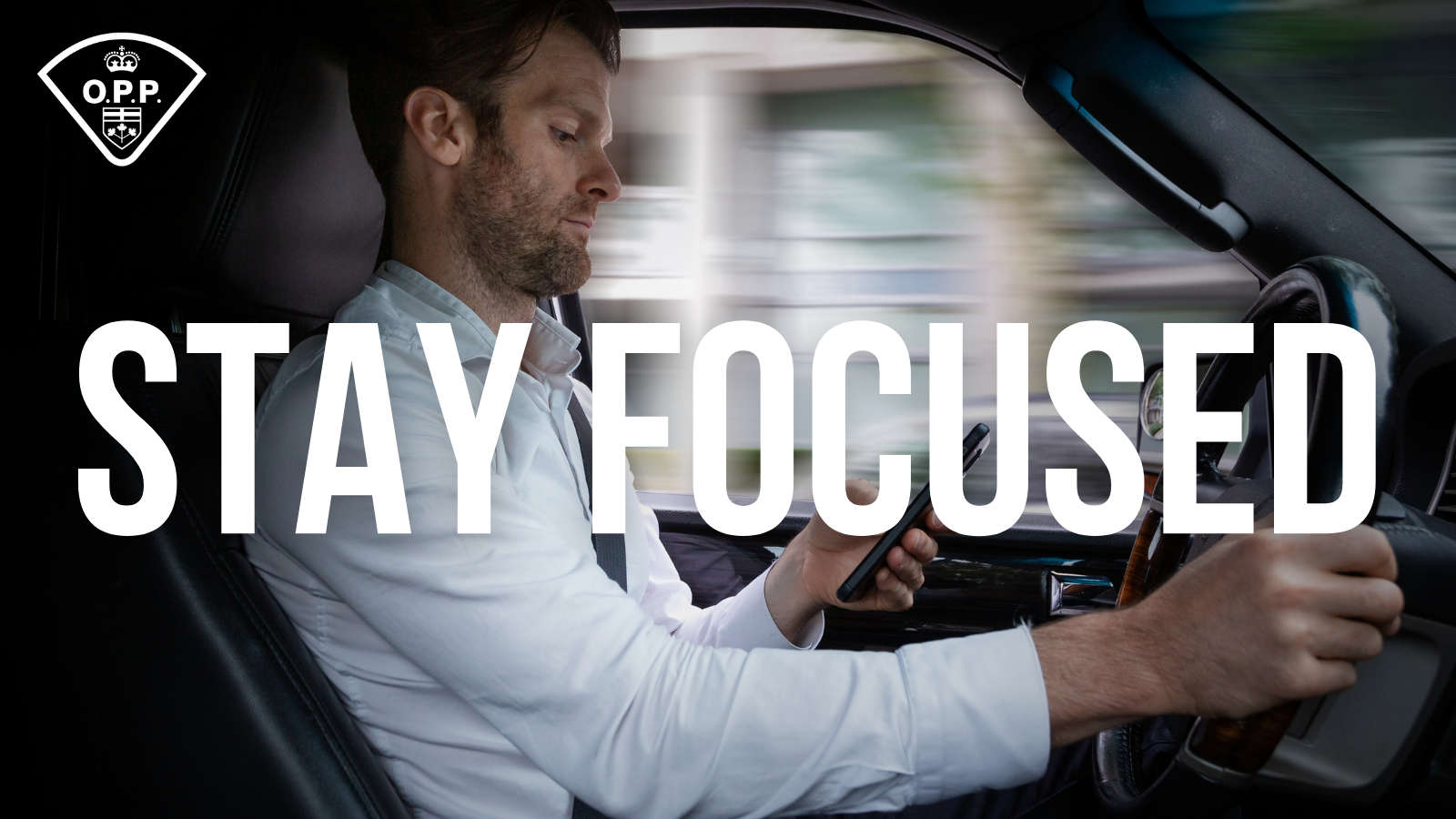 OPP Reminding Drivers to Stay Focused
OPP Reminding Drivers to Stay Focused
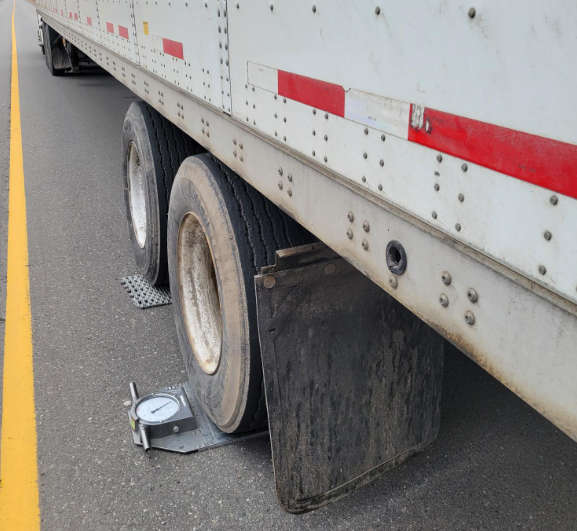 Reduced Load Campaign Continues in Oxford
Reduced Load Campaign Continues in Oxford
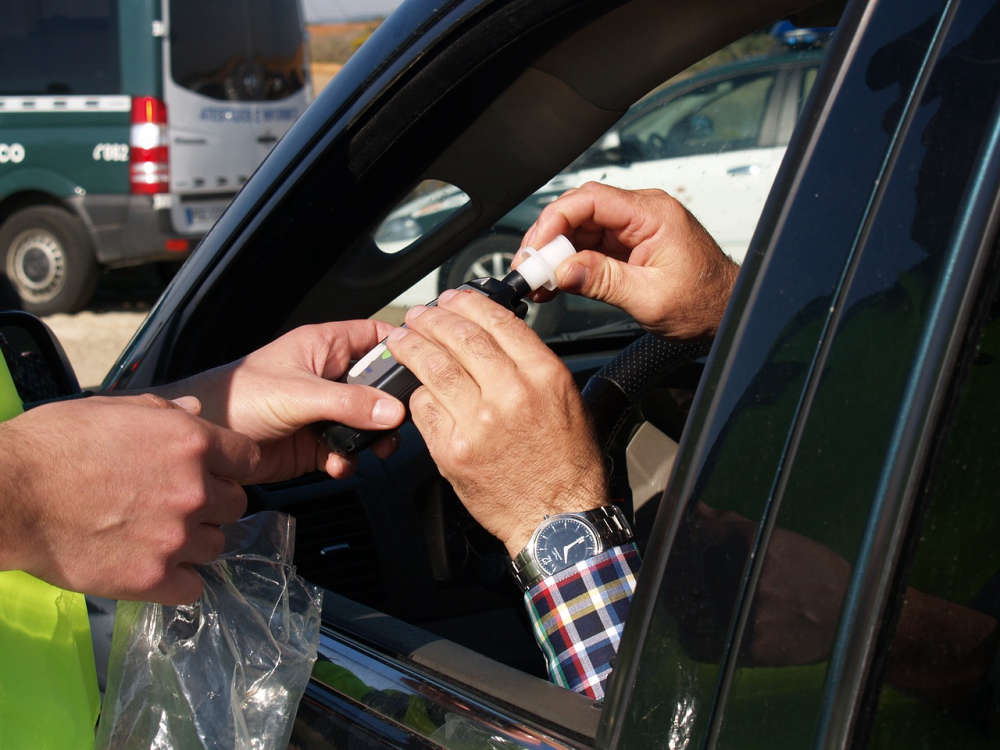 Five Impaired Drivers Charged in Oxford
Five Impaired Drivers Charged in Oxford
 UPDATE: Missing Girls Located
UPDATE: Missing Girls Located
 SWPH Reports 18 New Measles Cases
SWPH Reports 18 New Measles Cases
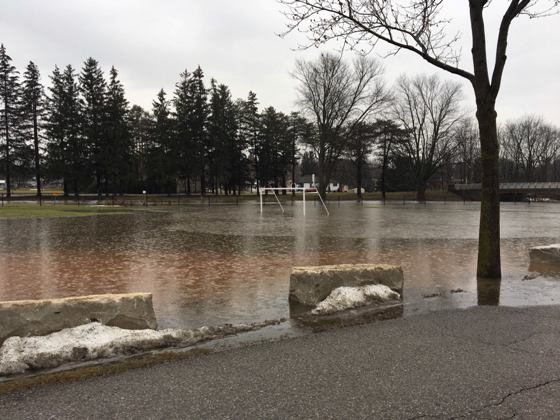 Brant Parks Closed Due to Flooding
Brant Parks Closed Due to Flooding
 Sip and Sample is Back
Sip and Sample is Back
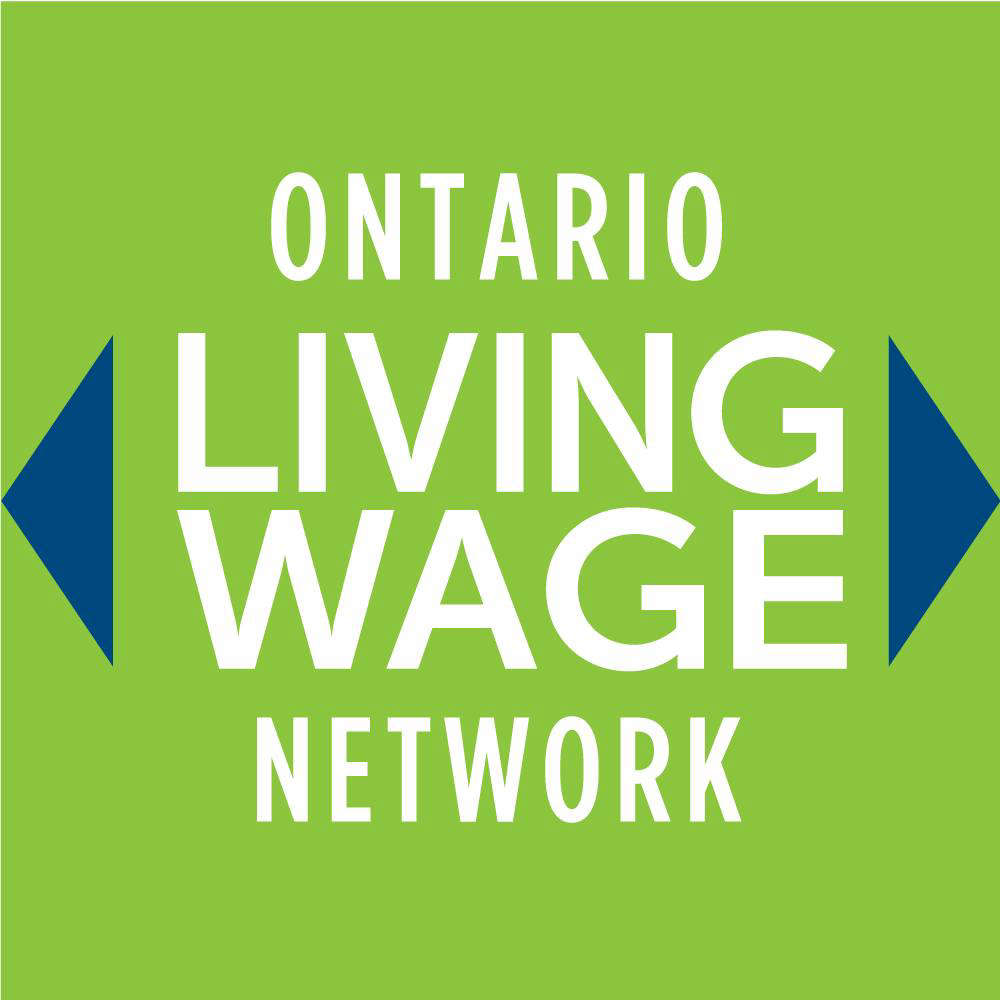 New Minimum Wage vs. Living Wage
New Minimum Wage vs. Living Wage
 WITAAR Announces 2025 Charity of Choice
WITAAR Announces 2025 Charity of Choice
 Online Spring Auction Underway for OCAR
Online Spring Auction Underway for OCAR
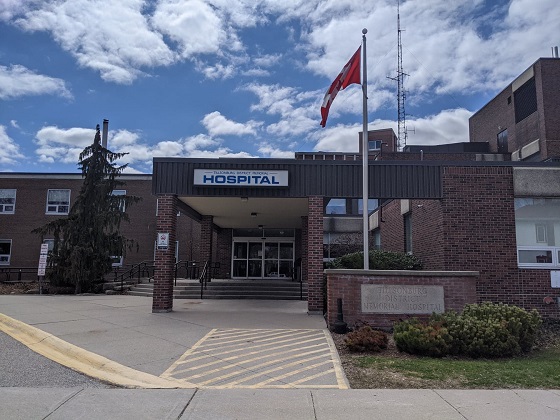 Measles Exposure Reported at TDMH
Measles Exposure Reported at TDMH
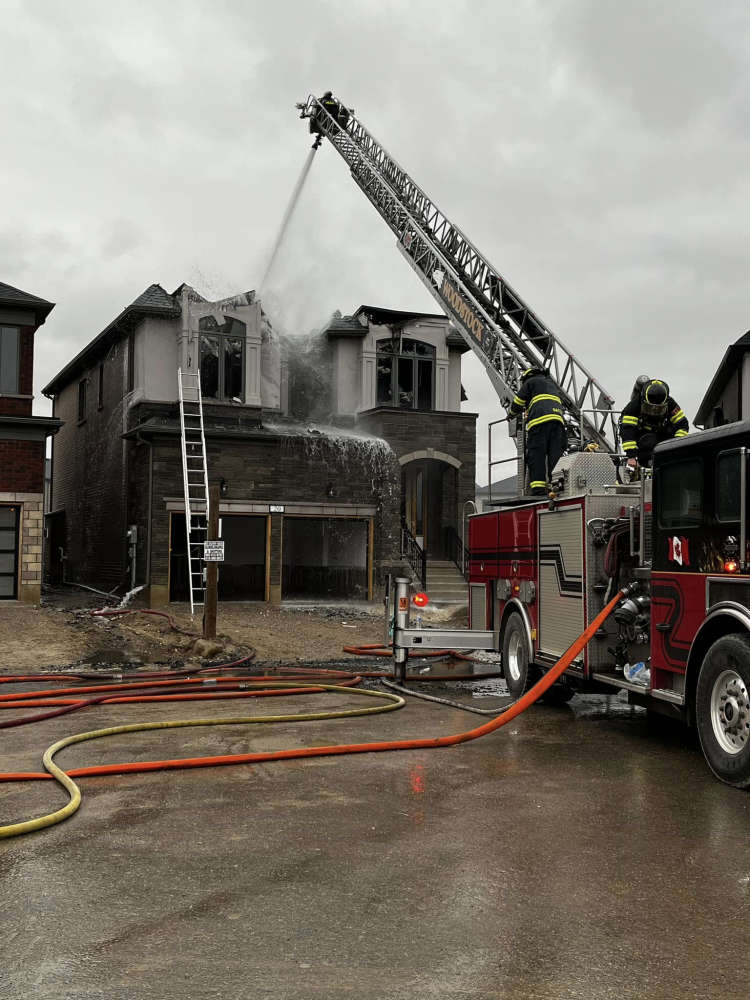 WPS Investigating Harding Court House Fire
WPS Investigating Harding Court House Fire
 UPDATE: Rain Warnings End
UPDATE: Rain Warnings End
 Enrollment Cuts Coming at Fanshawe College
Enrollment Cuts Coming at Fanshawe College
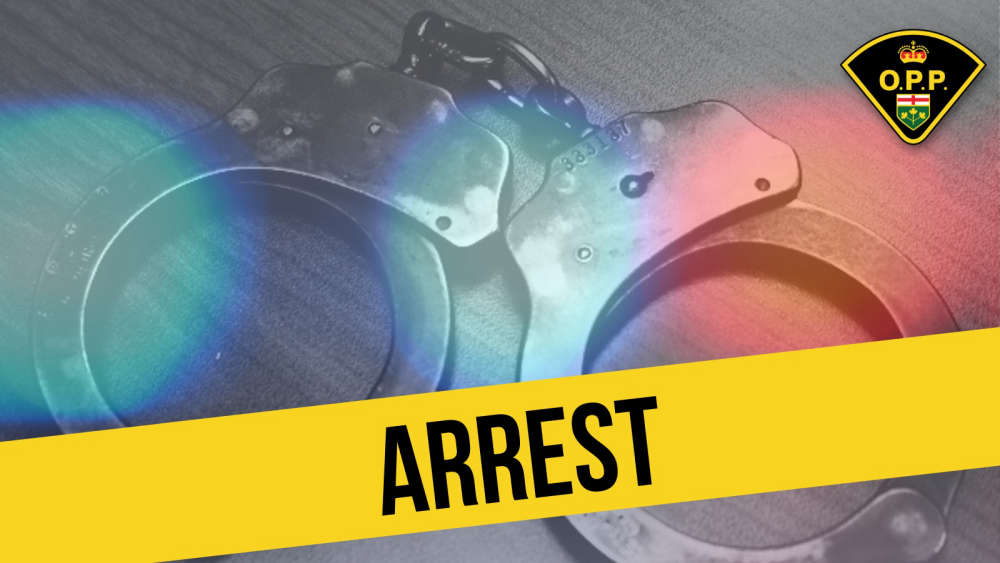 Charges Laid in Paris Assault
Charges Laid in Paris Assault
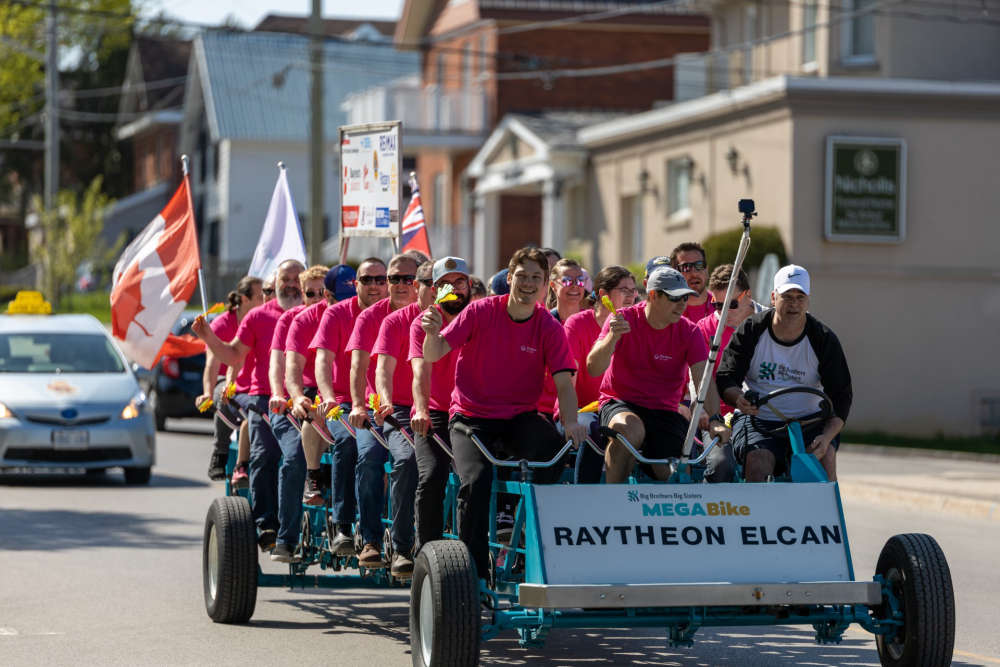 BBBS Oxford Welcomes MEGABike to Tillsonburg
BBBS Oxford Welcomes MEGABike to Tillsonburg
 CASS Presents: The Wedding Singer
CASS Presents: The Wedding Singer



Comments
Add a comment